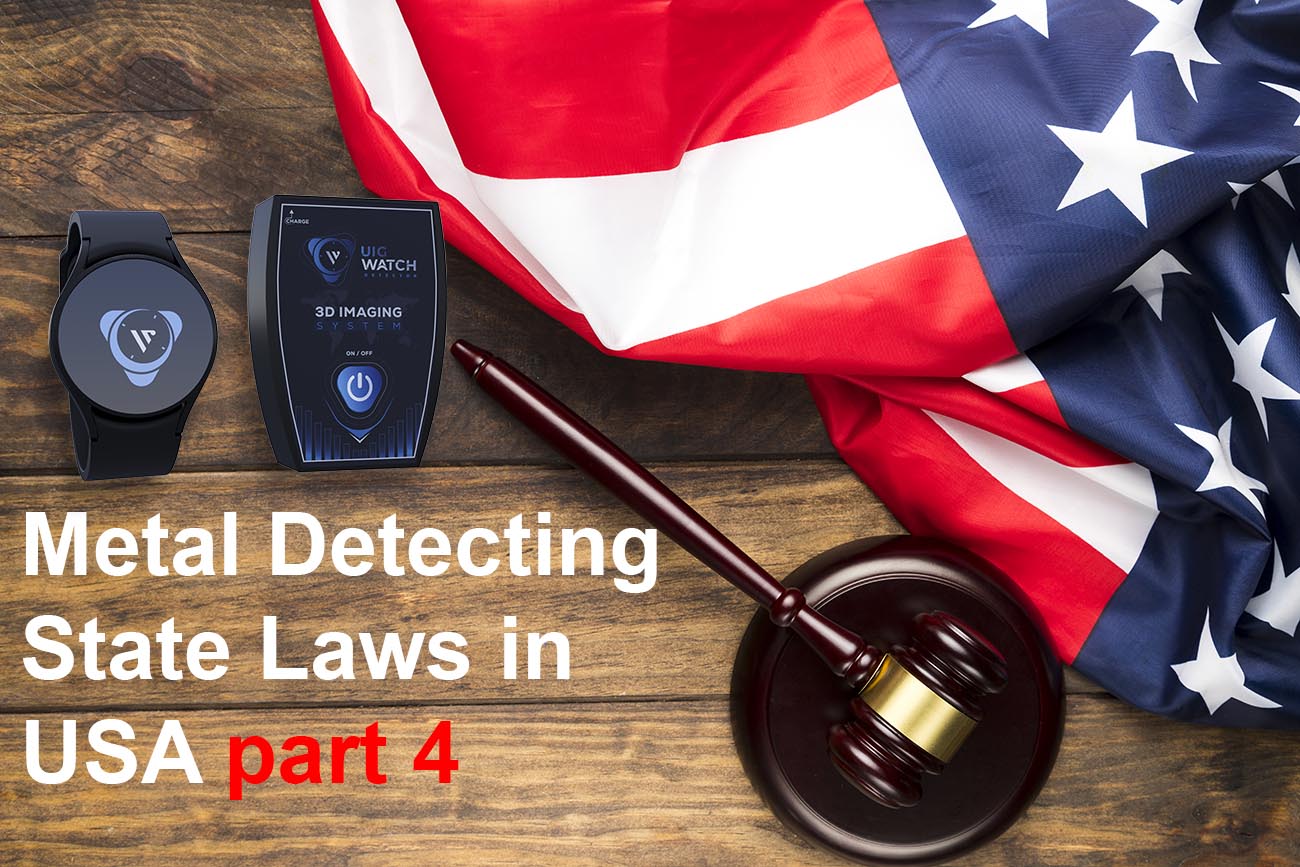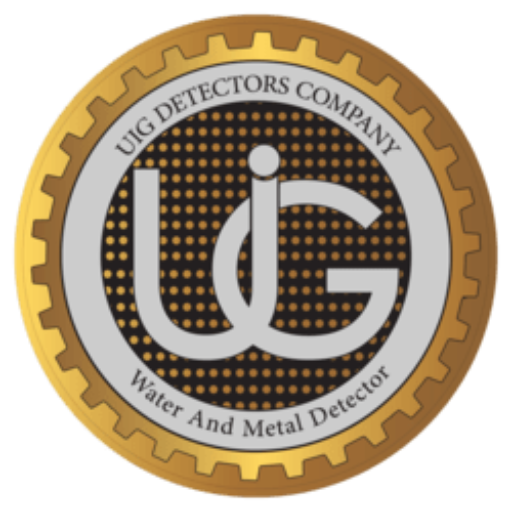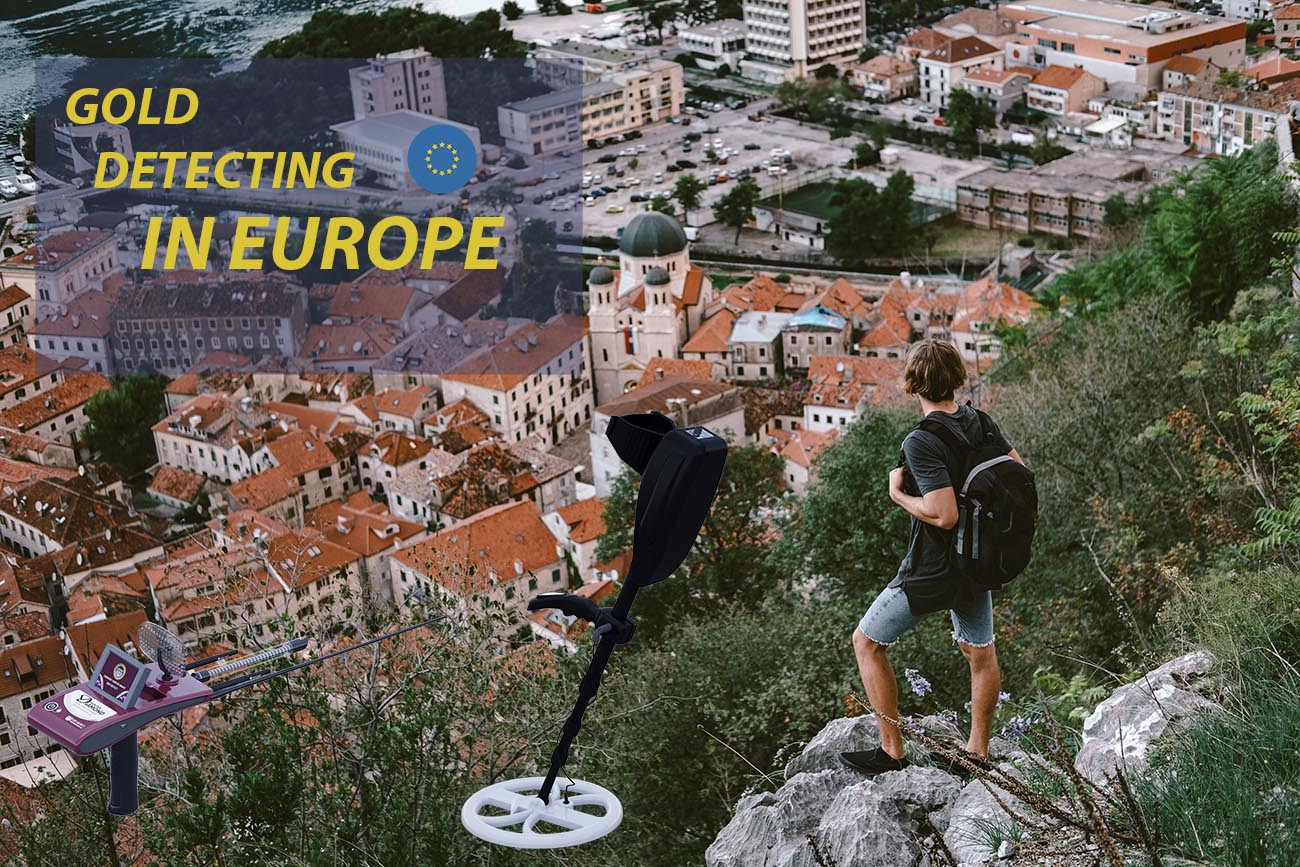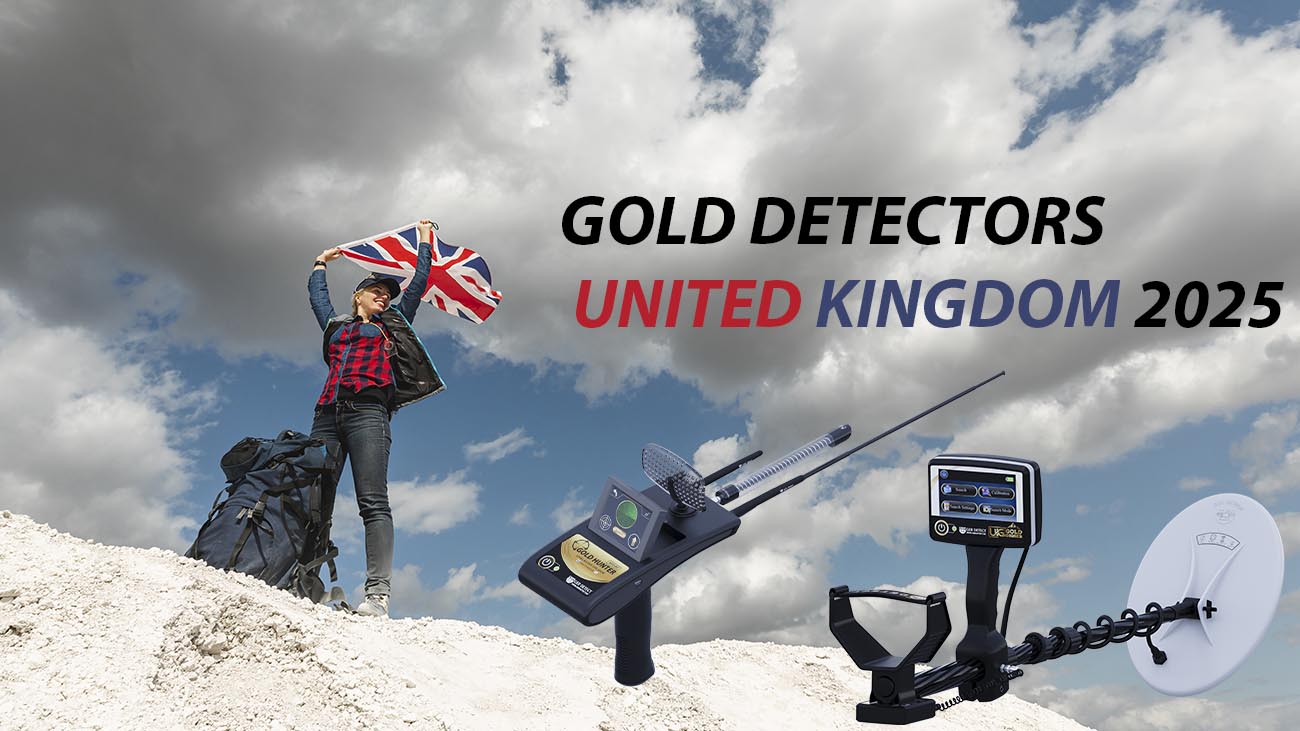Blogs
Metal Detecting State Laws in USA part 4

Table of Contents
Metal Detecting State Laws in USA part 4
In this article we will continue talking about USA State laws about Metal detectors
If you missed part 1 you can click here to read it
we also have part 2 Click here to read it
Yes, and we also have part 3 Click here to read it
As it’s very important to understand each and every state laws before start digging and/or looking for New metal, gold and treasures to begin your journey in making money with our professional detectors
Also, If you want to know more about Metal Detecting in USA Click here
You want to know more about Federal Laws in the USA Click here
Metal Detecting State Laws in USA part 4
Metal Detecting in Rhode Island
Rhode Island imposes specific regulations on metal detecting activities. While certain areas allow metal detecting without a permit during designated times, these opportunities are limited.
For most public lands, a permit is required to use a metal detector. However, obtaining a permit for recreational purposes is highly unlikely. These restrictions are in place to protect the state’s historical and environmental resources.
It’s essential for metal detector enthusiasts to thoroughly research Rhode Island’s specific laws and regulations before venturing out. Understanding these restrictions is crucial to avoid legal issues.
Metal Detecting in South Carolina
South Carolina offers a restricted environment for metal detector enthusiasts. While some state parks permit metal detecting in designated areas, specific regulations and permissions are often required.
Beachcombing is allowed in public areas, but restrictions are in place to protect the delicate coastal ecosystem. Digging and disturbing the soil are prohibited to prevent erosion and damage to the environment.
It’s crucial to research specific locations and obtain necessary permits before engaging in metal detecting activities in South Carolina. Adhering to these regulations is essential to protect the state’s natural and historical resources.
Metal Detecting in South Dakota
South Dakota imposes strict regulations on metal detecting activities. A general permit is typically required for treasure hunting on public lands within the state.
While some state parks may allow metal detecting for the purpose of recovering lost personal items, these permissions are often limited and specific. Treasure hunting within these parks is generally prohibited.
Beachcombing is permitted in designated public areas, but metal detecting on sand dunes is strictly forbidden to protect the fragile ecosystem.

Metal Detecting in Tennessee
Tennessee imposes significant limitations on metal detecting activities. The state primarily restricts the use of metal detectors to recovering lost personal items, with treasure hunting and recreational use generally prohibited.
While some exceptions may exist, such as on swimming beaches, these are typically limited and subject to specific regulations. To avoid legal issues, metal detector enthusiasts should exercise caution and thoroughly research local laws before starting their search.
Metal Detecting in Texas
Texas presents significant challenges for metal detector enthusiasts. The majority of land in the state is privately owned, and treasure hunting on public land typically requires a permit, which can be difficult to obtain.
While seeking permission to search private property might seem like a viable option, it’s essential to understand the legal implications of finding valuable items on someone else’s land. Texas law surrounding found property can be complex.
To summarize, metal detecting in Texas is a highly regulated activity. Thorough research and understanding of property rights are crucial for a successful and legal experience.
Metal Detecting in Utah
Metal detecting in Utah is a highly regulated activity. A permit is mandatory for using a metal detector on public lands, including state parks. However, even with a permit, restrictions apply.
Any items found while metal detecting on public lands, regardless of their value or historical significance, must be handed over to park staff. Removing any objects, including natural items, is strictly prohibited. These stringent regulations are in place to protect Utah’s valuable historical and cultural resources.
To summarize, while metal detecting is technically possible in Utah’s public parks, the process is complex and restrictive. Understanding and adhering to these regulations is essential for avoiding legal issues.
Metal Detecting in Vermont
Vermont offers a relatively permissive environment for metal detecting enthusiasts. While a permit isn’t strictly required, notifying local authorities of your metal detecting activities is essential.
The best opportunities for metal detecting in Vermont are often found in areas already disturbed by human activity, such as construction sites, campsites, and parking lots. However, it’s crucial to avoid historical and archaeological sites. These areas are protected by law and should not be disturbed.
To ensure a legal and respectful metal detecting experience in Vermont, always inform local authorities and avoid sensitive areas.

Metal Detecting in Virginia
Metal detecting in Virginia is subject to specific regulations. To explore state lands with a metal detector, obtaining a permit is mandatory. While there aren’t blanket prohibitions on locations, it’s crucial to respect historical and archaeological sites. Removing artifacts from these areas is strictly prohibited.
Beachcombing is a popular activity in Virginia, and metal detecting is often permitted on specific beaches. However, local permits or regulations may apply.
Understanding and adhering to Virginia’s metal detecting laws is essential to avoid legal issues and protect the state’s rich history.
Metal Detecting in Washington
Washington State offers a complex regulatory landscape for metal detecting enthusiasts. While many state parks permit metal detecting for recreational purposes without requiring a permit, specific restrictions and permissions may apply to other parks.
In some cases, even with general permission to metal detect, specific areas within a park may be off-limits. These restrictions are in place to protect the state’s historical and environmental resources.
To ensure compliance with Washington’s metal detecting laws, it’s essential to check specific regulations for each park before starting your search.
Metal Detecting in West Virginia
West Virginia imposes significant restrictions on metal detecting activities. While the act of metal detecting itself is not explicitly illegal, any disturbance or removal of objects from the ground is strictly prohibited. This includes treasure hunting and recreational metal detecting.
The state’s laws are designed to protect its historical and cultural heritage. To avoid legal issues, metal detector enthusiasts should refrain from any activities that involve digging or removing objects from the ground.
Metal Detecting in Wisconsin
Wisconsin imposes significant restrictions on metal detecting activities. The hobby is primarily limited to specific sandy beaches devoid of vegetation and shallow water. Any form of metal detecting on land or in water bodies within the state is generally prohibited.
While exceptions may exist for recovering lost personal items, these require obtaining a specific permit. These restrictions are in place to protect the state’s historical and environmental resources.
To summarize, metal detecting opportunities in Wisconsin are extremely limited. Understanding and respecting these regulations is crucial for avoiding legal issues.
Metal Detecting in Wyoming
Wyoming imposes strict limitations on metal detecting activities. Recreational metal detecting is generally prohibited within the state. The use of metal detectors is primarily restricted to official purposes, such as locating lost personal items. However, even in these cases, specific permission is often required.
These regulations are in place to protect Wyoming’s unique historical and environmental resources.
UIG detectors is here to assist you in finding your next Gold treasure and choosing the fit gold detector for you.
Register today to receive a free consultation, and our specialist will help you find your next gold detector.

More Important Article
FAQ
Do I need a permit to metal detect in all US states?
No, not all US states require a permit for metal detecting. However, many states have specific regulations or restrictions that vary widely by location. It’s crucial to research the laws of the particular state you plan to explore to avoid legal issues.
What are some common restrictions on metal detecting in the US?
Common restrictions include:
Private property: Metal detecting on private property without permission is generally illegal.
Protected areas:
National parks, historical sites, and archaeological zones often prohibit metal detecting to preserve their resources
Permits: Many states require permits for metal detecting in specific areas, such as state parks or beaches.
Digging restrictions: Digging or disturbing the ground is often prohibited, especially in sensitive areas.
Where can I find more information about metal detecting laws in my state?
The best places to find information about metal detecting laws in your state are:
State parks and recreation departments: These agencies often have specific regulations for metal detecting on their lands.
1. Can You Metal Detect in State Parks | Metal Detecting Laws – Garrett Metal Detectors
garrett.com
Local historical societies: They can provide information about protected sites and archaeological regulations.
Online forums and communities: Metal detecting enthusiasts often share information and experiences about local laws.
State government websites: Check the websites of your state’s government for laws and regulations related to metal detecting.



